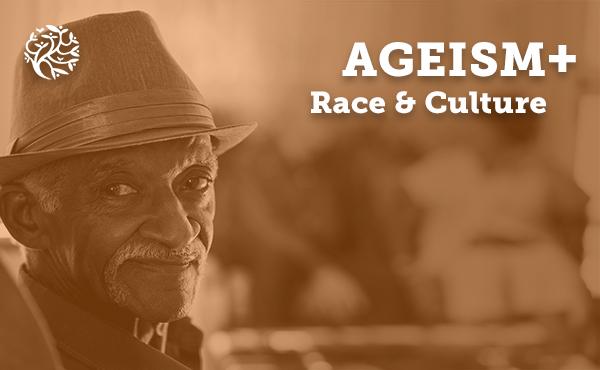Discrimination. I have lived with discrimination all my life and it’s never something you get used to; even when you think you have heard it all before or when you expect certain responses or behaviours, there is always a new all-time low.
It is as though older people go into residential care as individuals and over a period of time have their identities stolen as they slowly become invisible based on the culture of care homes and their approach to care.
"Yes, he is blind, but that does not mean he cannot choose what he would like to eat."
His protected characteristics: age, disability and race which should protect him from discrimination do not. This example is just a snapshot of that unpleasant picture of ageism and discrimination within the Adult Social Care sector.
When we remain silent we allow ageism, racism and discrimination to grow.
